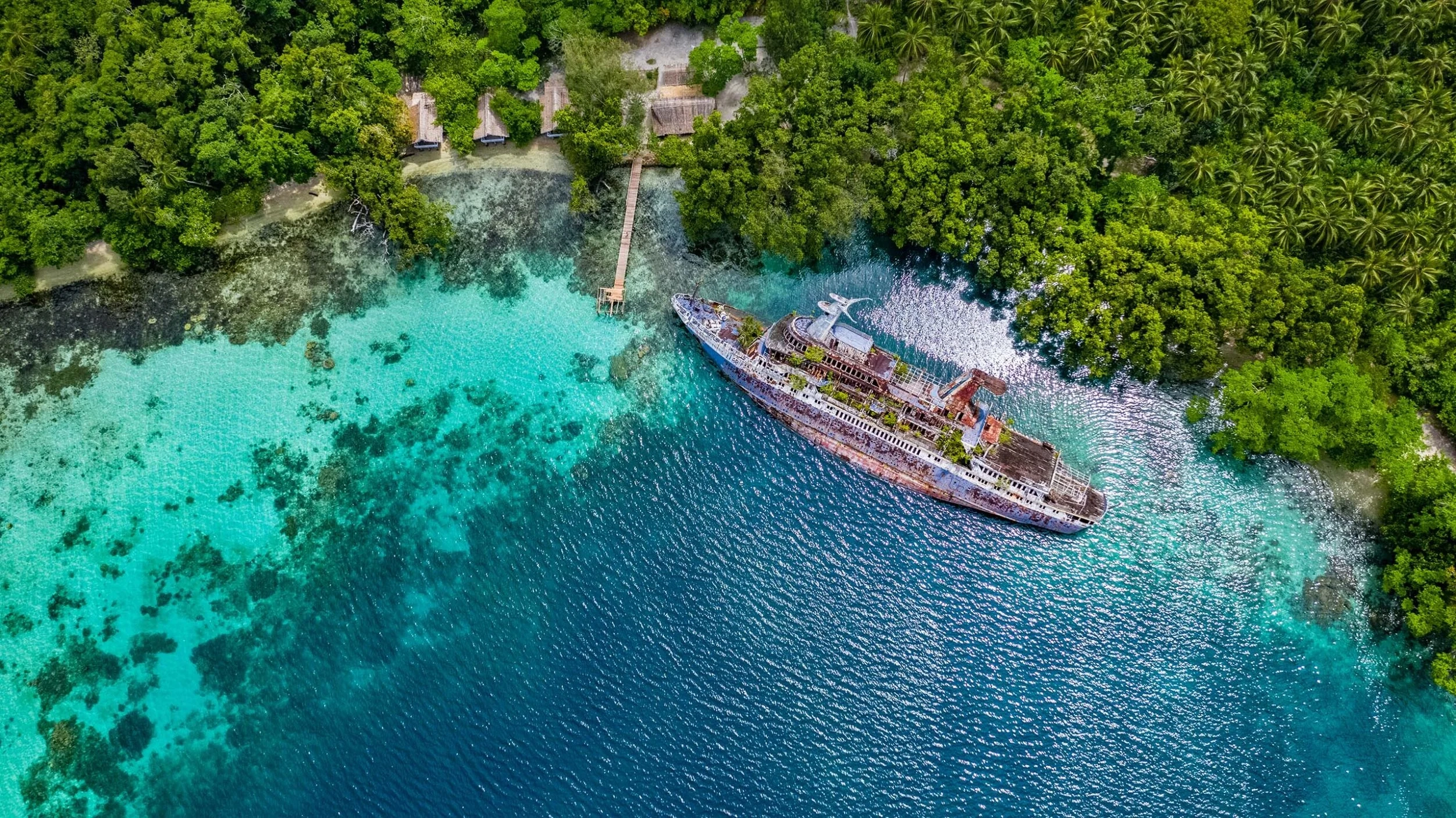1. Cost of Living: The cost of living in the Solomon Islands can vary based on the chosen lifestyle and location. Generally, living expenses may include accommodation, food, transportation, and utilities.
2. Healthcare: Healthcare facilities in the Solomon Islands may be limited, especially in remote areas. Access to medical services can be a consideration. It's advisable for immigrants to have health insurance to cover medical expenses.
3. Transportation: Transportation options include buses, taxis, and boats. The availability and quality of transportation can vary between urban and rural areas. The country consists of numerous islands, and transportation between them may involve boats or small aircraft.
4. Food: The Solomon Islands has a diverse culinary scene with an emphasis on seafood, tropical fruits, and traditional dishes. Prices for groceries and dining out can vary, and imported goods may be more expensive.
Specific, up-to-date information on the average cost of living in the Solomon Islands are not currently available. The cost of living can vary depending on factors such as lifestyle, location within the country, and personal spending habits.
Pros:
- Natural Beauty: Stunning natural beauty, including pristine beaches, coral reefs, and lush landscapes.
- Cultural Diversity: The islands are home to diverse cultures and traditions, offering a rich and unique cultural experience.
- Outdoor Activities: A range of outdoor activities, such as snorkeling, diving, hiking, and water sports, thanks to the islands' natural attractions.
- Relaxed Lifestyle: Life in the Solomon Islands is often characterized by a slower pace, providing a more relaxed lifestyle compared to busier urban areas.
- Community Spirit: The sense of community is strong, and locals are generally known for their hospitality and friendliness.
Cons:
- Limited Infrastructure: Some areas may have limited infrastructure, which can affect services such as healthcare, education, and transportation.
- Cyclones and Natural Disasters: The region is prone to cyclones and earthquakes, and natural disasters can pose challenges to residents.
- Limited Job Opportunities: The job market may be limited, and employment opportunities, especially for expatriates, can be challenging to find.
- Cost of Living: The cost of living, particularly for imported goods, may be relatively high due to the remote location of the islands.
- Healthcare Challenges: While there are healthcare facilities, the quality and accessibility of healthcare services may vary, and serious medical cases may require evacuation to larger facilities.
1. Honiara: Honiara is the main economic and cultural hub. It offers more amenities, services, and job opportunities compared to other areas in the country.
2. Gizo: Gizo is known for its picturesque surroundings, including coral reefs and clear waters. It has a more laid-back atmosphere compared to Honiara.
3. Auki: Auki is a smaller town but has cultural significance and provides a quieter lifestyle.
- Employment Opportunities:
If moving for work, secure a job or have a job offer in place before arriving. Make sure that your skills are aligned with the needs of the local job market.
- Healthcare Coverage:
Research and arrange for healthcare coverage in the Solomon Islands. Familiarize yourself with the local healthcare system and access to medical services.
- Cultural Awareness:
Learn about the local culture and customs to facilitate smoother integration into the community. Understanding and respecting local traditions is essential.
- Housing and Cost of Living:
Research the cost of living in the Solomon Islands and make arrangements for housing. Consider factors such as rental costs, utilities, and other living expenses.
- Language Skills:
English is the official language, but local languages are also spoken. Having basic language skills can be helpful in daily interactions.





